Individuals under International Law
Introduction
The concept of "individuals" in International Law began to take shape in the early 1940s, when the term was used in its most basic sense. Initially, individuals were seen merely as objects of international law with no legal significance. They were connected to a state through citizenship and nationality, and if an individual was harmed, it was the state, not the individual, that could seek redress on the international stage, as states were considered the sole subjects of international law under the realist theory.
In cases where a person was stateless and had no nationality, they had no legal standing, and no one could be held accountable for any harm they suffered. However, after the establishment of the United Nations, the role of "individuals" under international law expanded significantly. The term "individuals" came to include not just people, but also foundations, legal entities, and commercial enterprises. International law now regulates the relationships between states and also recognizes individuals as subjects of international law, according to the functional theory.
Theories Relating to Individuals in International Law
There has been ongoing debate among jurists about the position of individuals in international law, leading to the development of three main theories:
- The Realist Theory: States are the sole subjects of international law.
- The Fictional Theory: Only individuals are considered subjects of international law.
- The Functional Theory: Both individuals and states (including some non-state entities) are subjects of international law.
The International Court of Justice has rejected the realist theory, which viewed states as the only subjects of international law. Today, the duties of states are also seen as the duties of individuals, and there is little distinction between international and state law when it comes to individuals. Treaties now grant rights and impose duties on individuals, such as those found in the International Convention on Human Rights (as seen in the Danzig Railways Officials Case of 1928).
Loss of Nationality under International Law
Individuals are expected to owe allegiance to their respective states. Those who have a permanent allegiance to a state are known as nationals. Nationality is defined as the legal status that ties a person to a state through allegiance. This legal bond determines the relationship between an individual and the state. While nationality is defined according to municipal (domestic) law, states are free to decide who qualifies as a national, within the boundaries set by international law. These international limitations are designed not for the benefit of individuals, but to protect the interests of other states.
Nationality is the means by which an individual can claim benefits under international law. A state exercises jurisdiction over its nationals, even when they are abroad, maintaining personal supremacy over them. International law sets the limits on this jurisdiction (as demonstrated in the Mavrommatis Case). The right to protection extends to the property of nationals as well. Refusing to accept or expelling a state's own nationals is generally inconsistent with international law, as it could impose burdens on other states that they are not obligated to bear. Thus, international law aims to ensure that every individual possesses a single nationality, avoiding the complications of multiple or stateless individuals.
By Release
Some states allow their citizens to renounce their nationality voluntarily. This process usually requires the individual to apply formally, and the release is granted once the application is approved by the state.
By Deprivation
In certain situations, a state may strip an individual of their nationality. This can occur if a citizen enters foreign civil or military service without permission. According to Article 10 of the Indian Citizenship Act of 1955, deprivation can occur if:
- Citizenship was obtained through fraud, false representation, or concealment of material facts.
- The person has shown disloyalty or hostility to the Union of India through actions or speech.
- The person engaged in prejudicial acts or traded with an enemy during wartime.
- A registered citizen is sentenced to a term of two to five years within five years of registration.
- The person has lived abroad for seven years or more without maintaining ties with India as a student, government employee, or international civil servant and without registering at an Indian Consulate.
Before citizenship can be revoked, the Central Government must provide written notice outlining the grounds for the action. In some cases, the matter may be referred to a Committee of Inquiry consisting of a chairman and two other members.
By Renunciation
Renunciation of nationality may occur when a person holds citizenship in more than one state and chooses to renounce one of them.
By Substitution
A person may lose the nationality of one state upon acquiring nationality in another state through naturalization. This ensures that a person does not hold dual citizenship. However, in India, a citizen who acquires foreign citizenship during a time of war may retain Indian citizenship unless the Central Government decides otherwise.
By Expiration
In some states, citizenship can expire if a person has lived abroad for an extended period without maintaining ties to their home country.
Statelessness
When an individual does not hold the nationality of any state, they are considered stateless. Statelessness can occur knowingly or unknowingly, either by choice or through circumstances beyond the individual’s control. For example, an illegitimate child born in a state that does not apply jus soli (right of the soil) to an alien mother, or where the child's parents lack nationality, may become stateless. Statelessness often results from discrepancies in the nationality laws of different countries.
Stateless individuals do not enjoy the rights conferred by international law on nationals. They are also denied rights that depend on reciprocity between states. Additionally, personal rights such as family rights, marriage, and inheritance can be uncertain or unenforceable for stateless persons, as their legal status is in question.
To reduce or eliminate statelessness, states must take proactive measures. The most effective approach is to require states to grant nationality to all persons born within their territories and to ensure that individuals are not deprived of their nationality unless they acquire another nationality.
Share
Tags
Archive
Popular & Recent Post






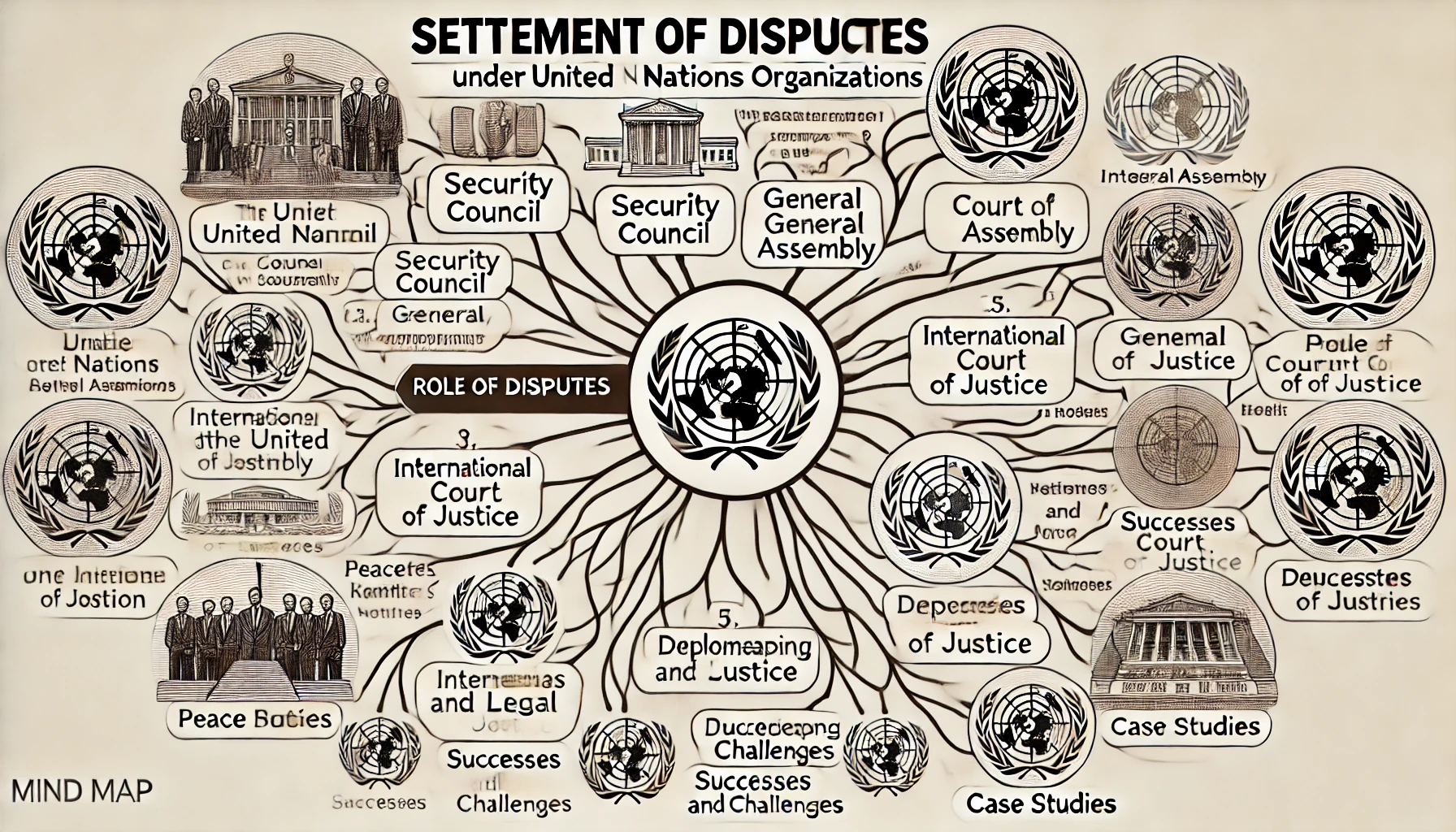
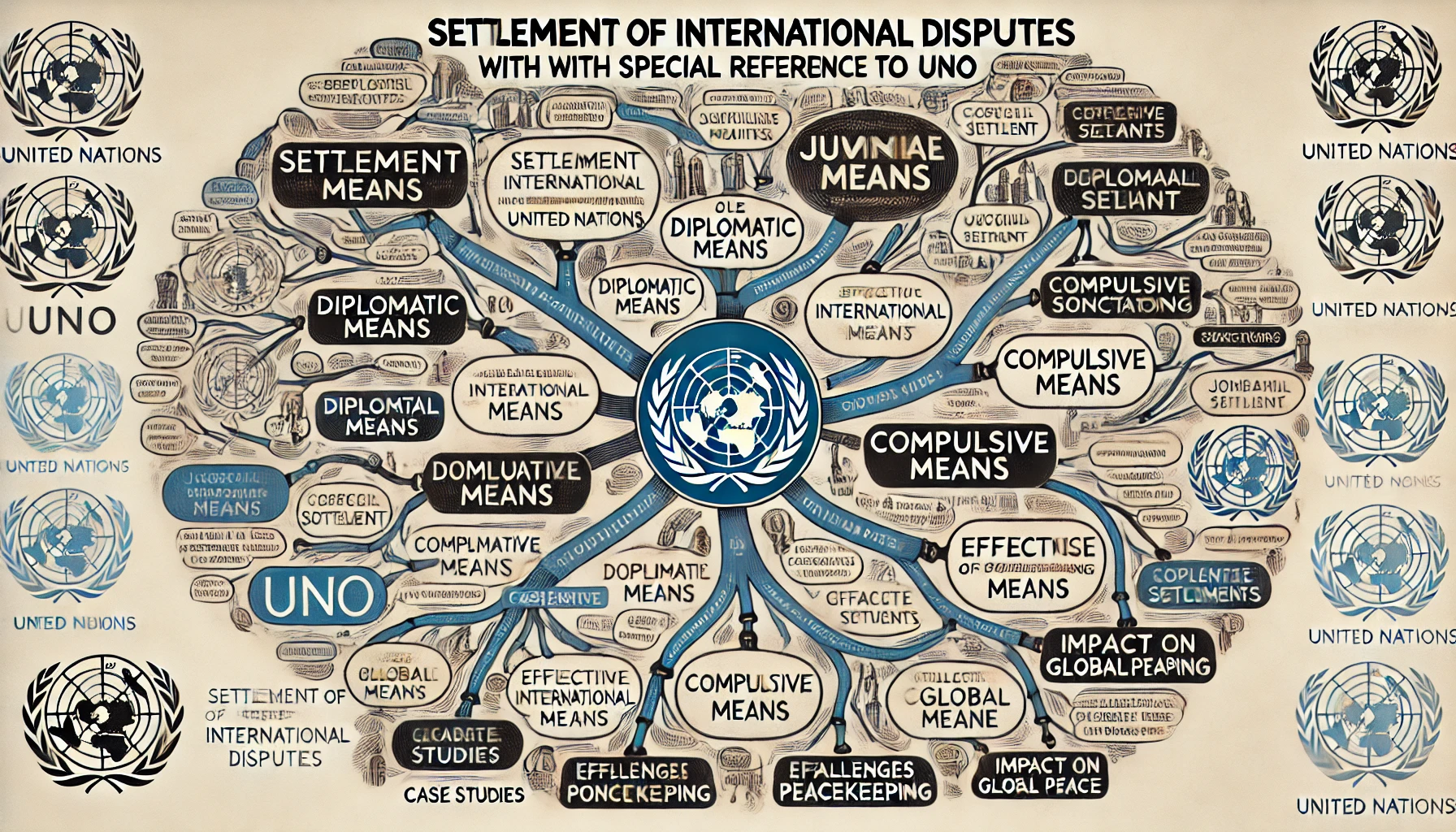

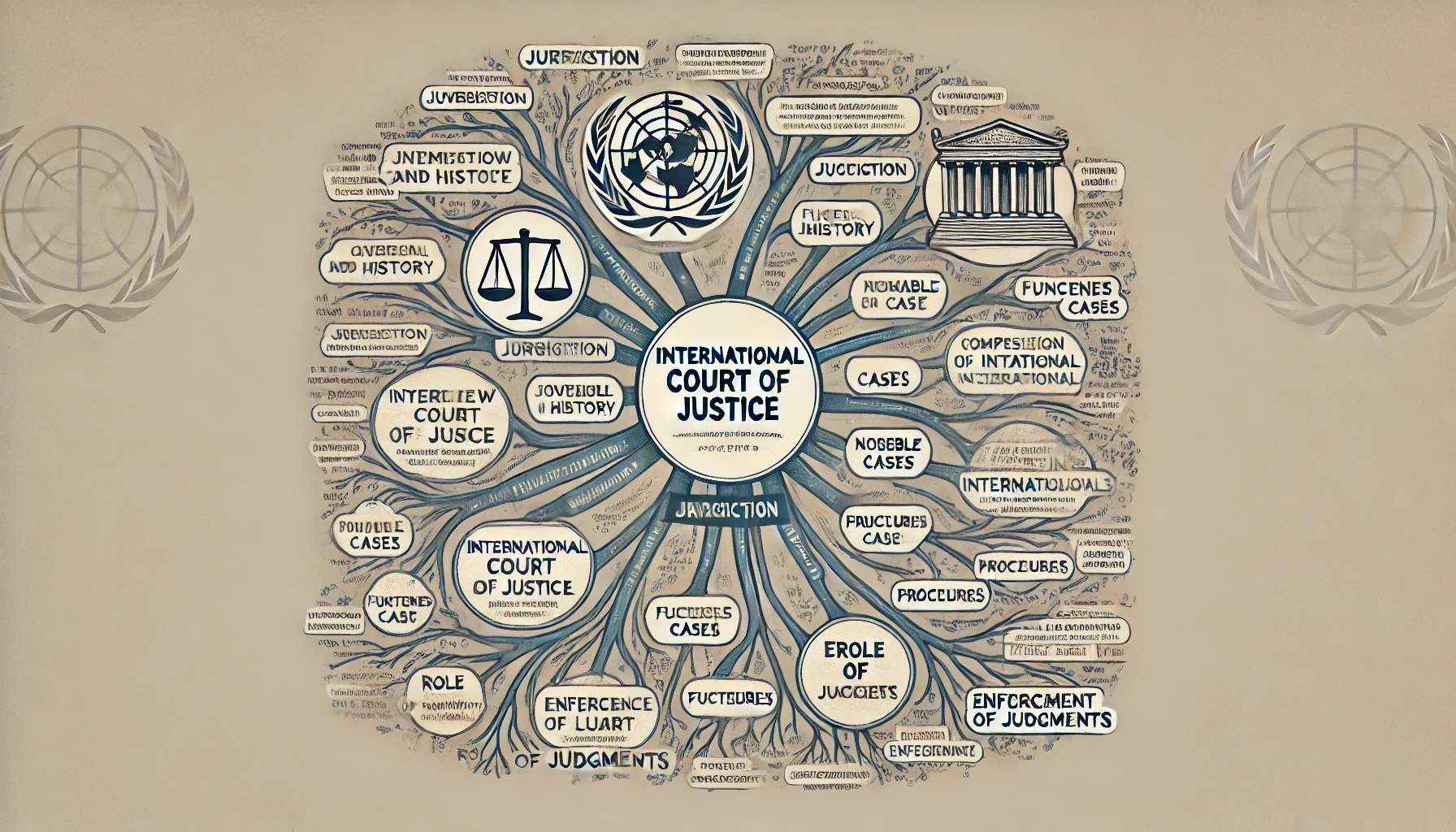
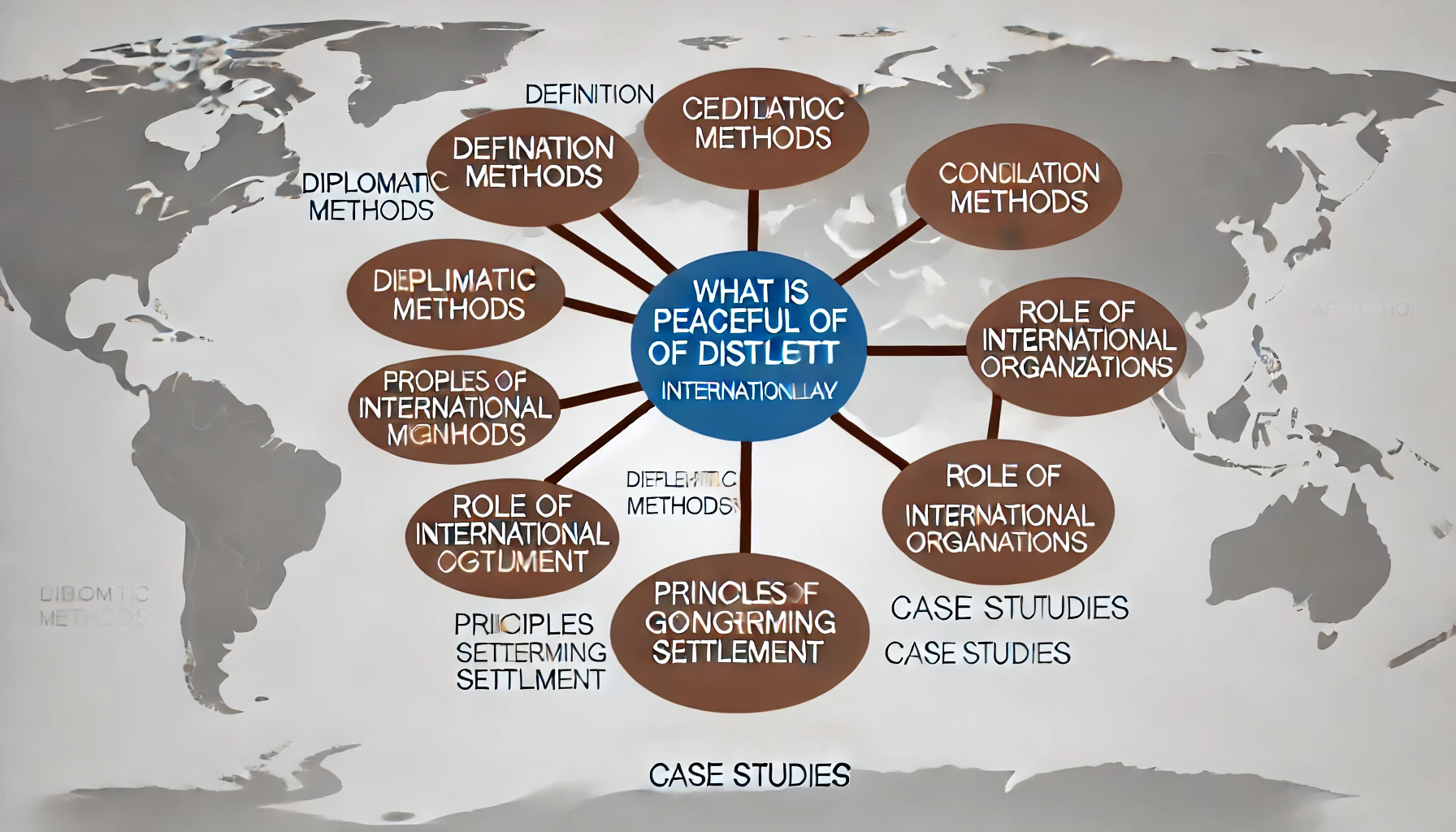

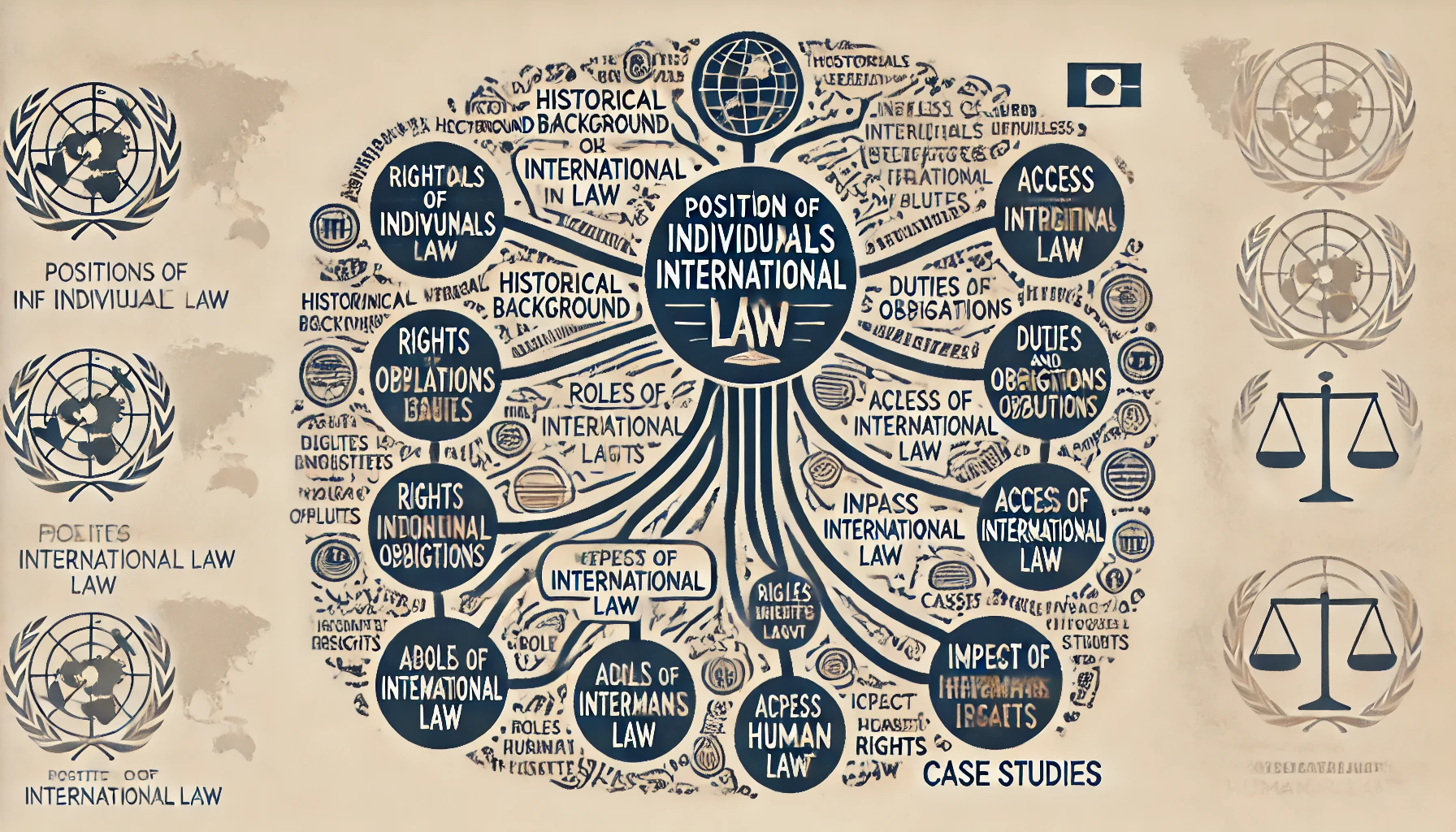
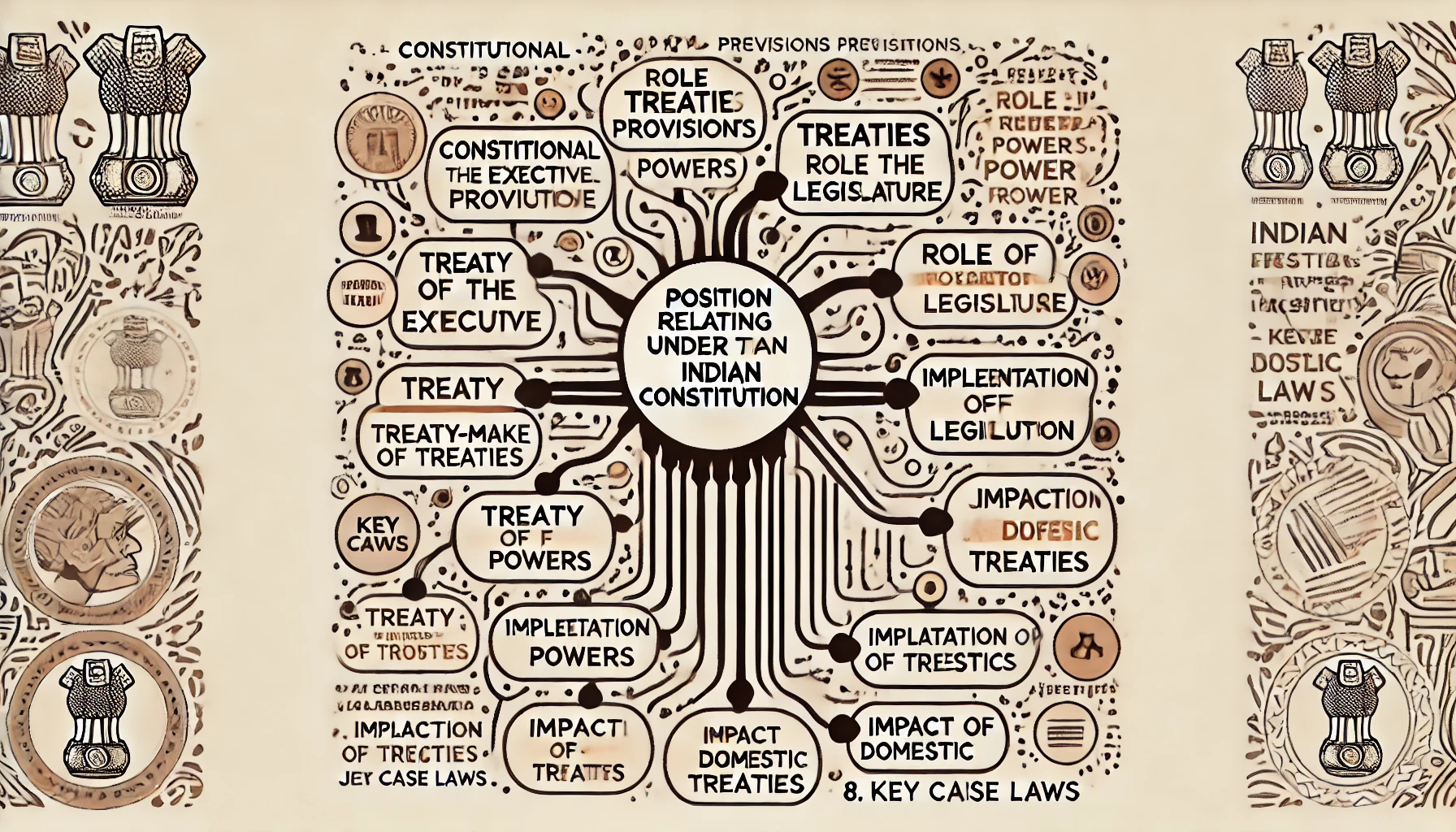


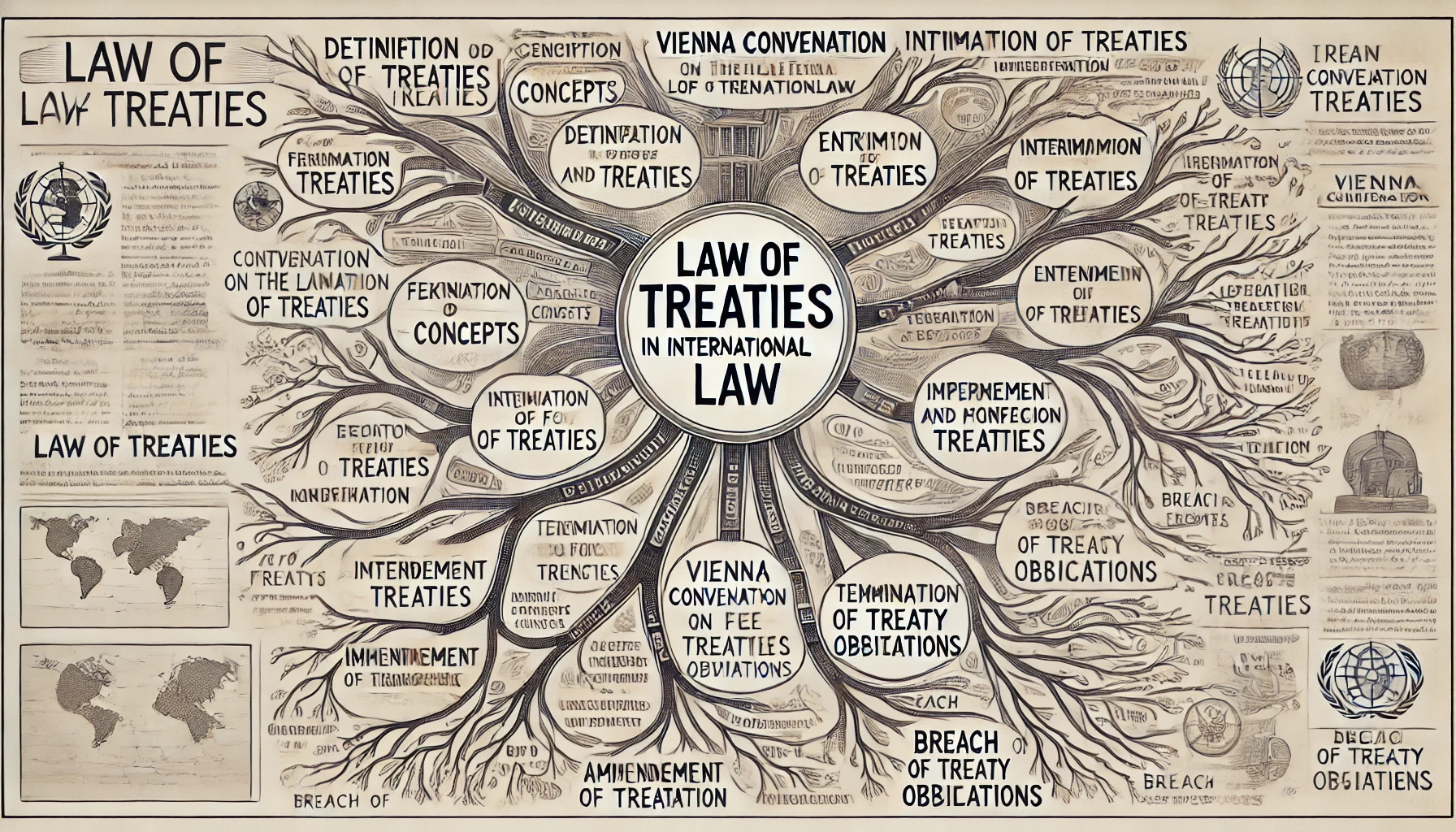
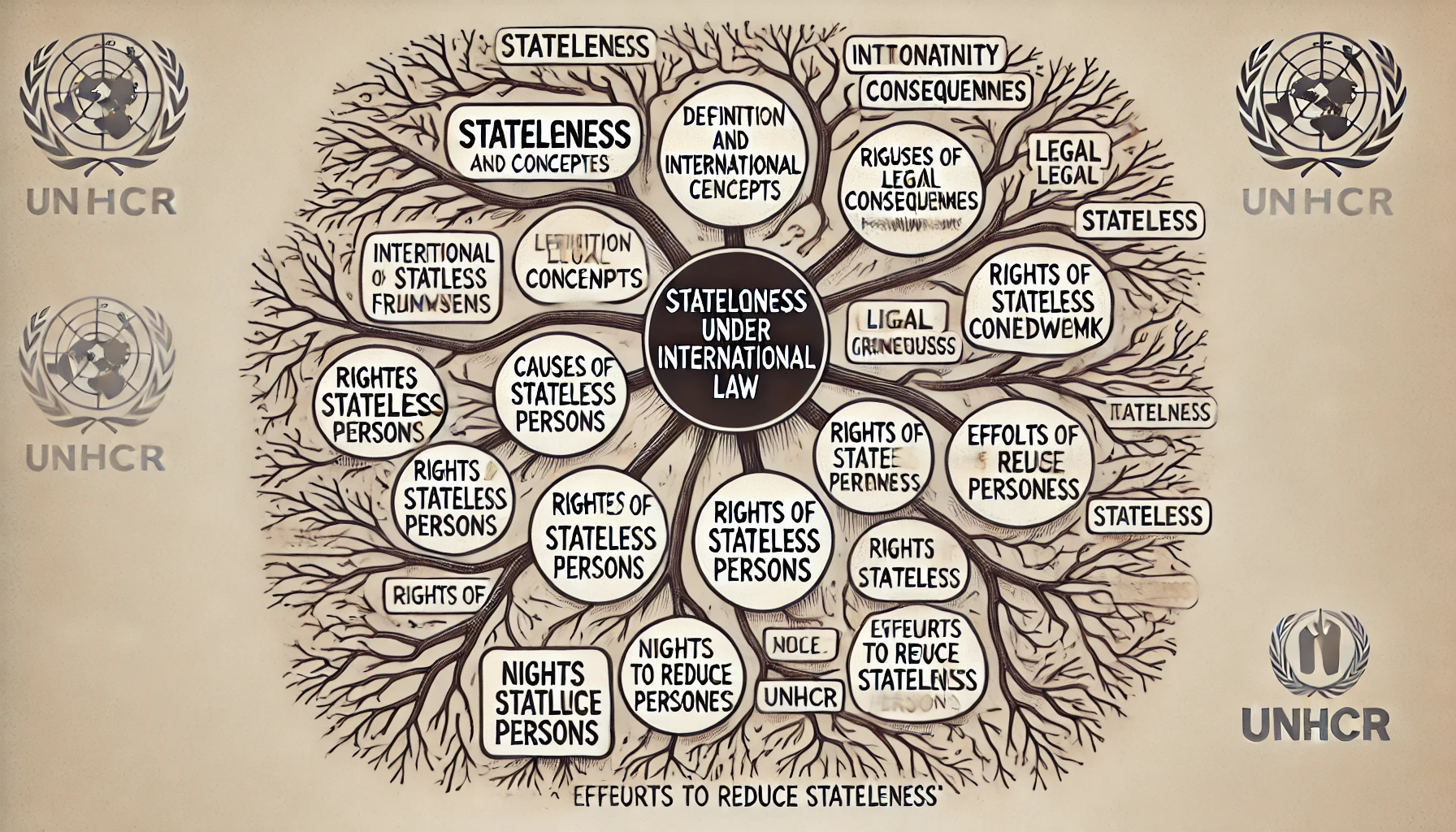
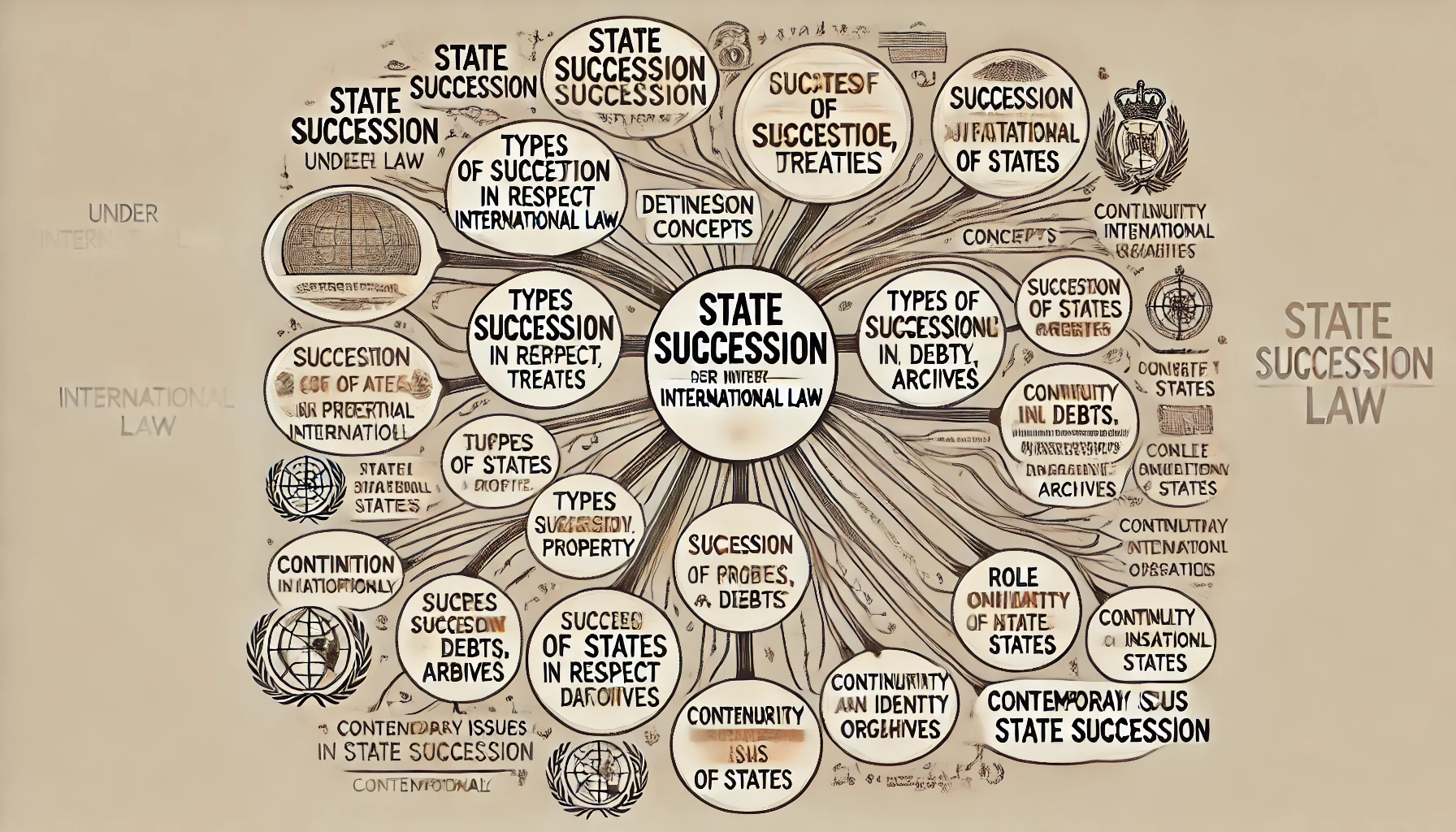
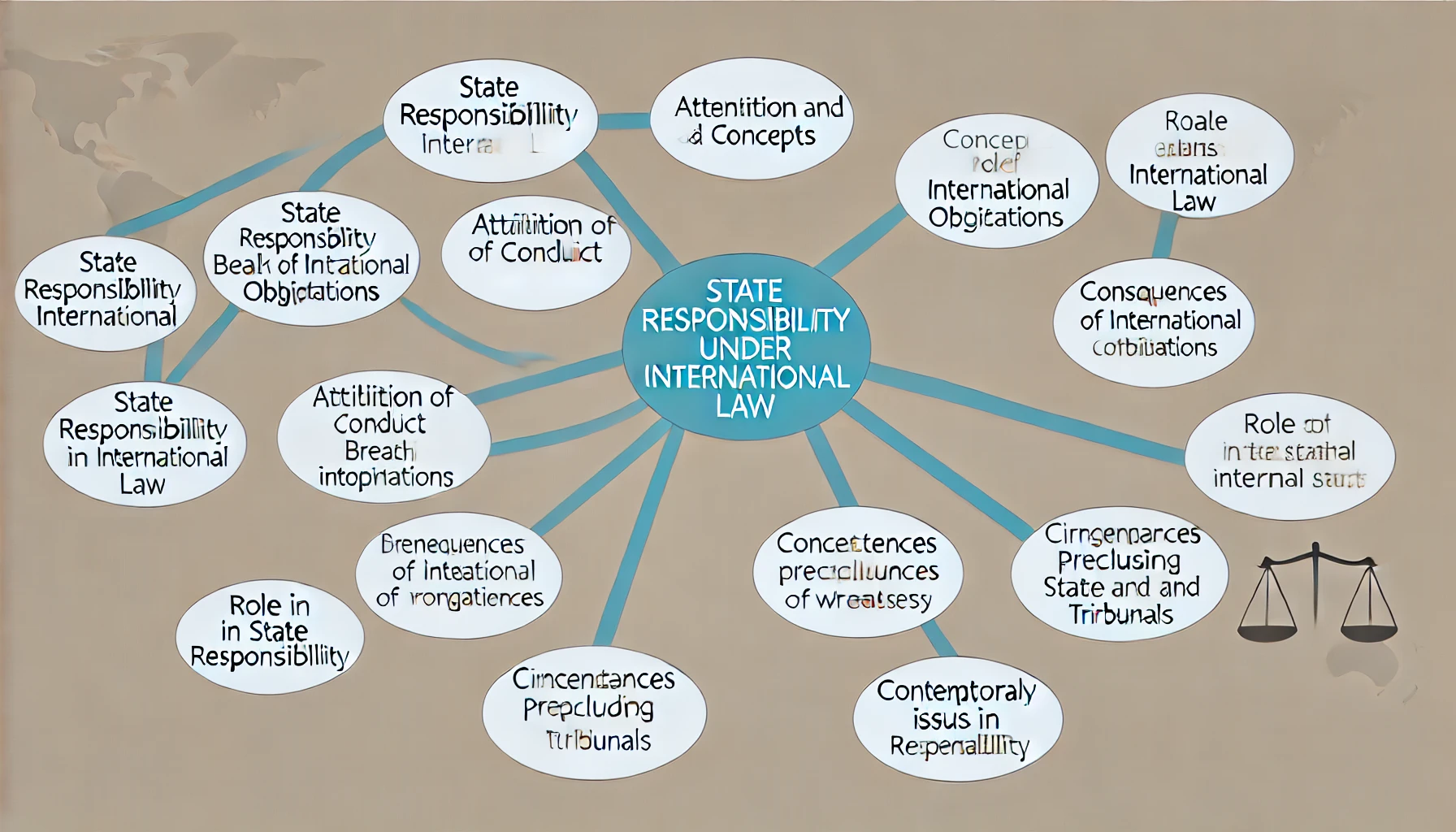

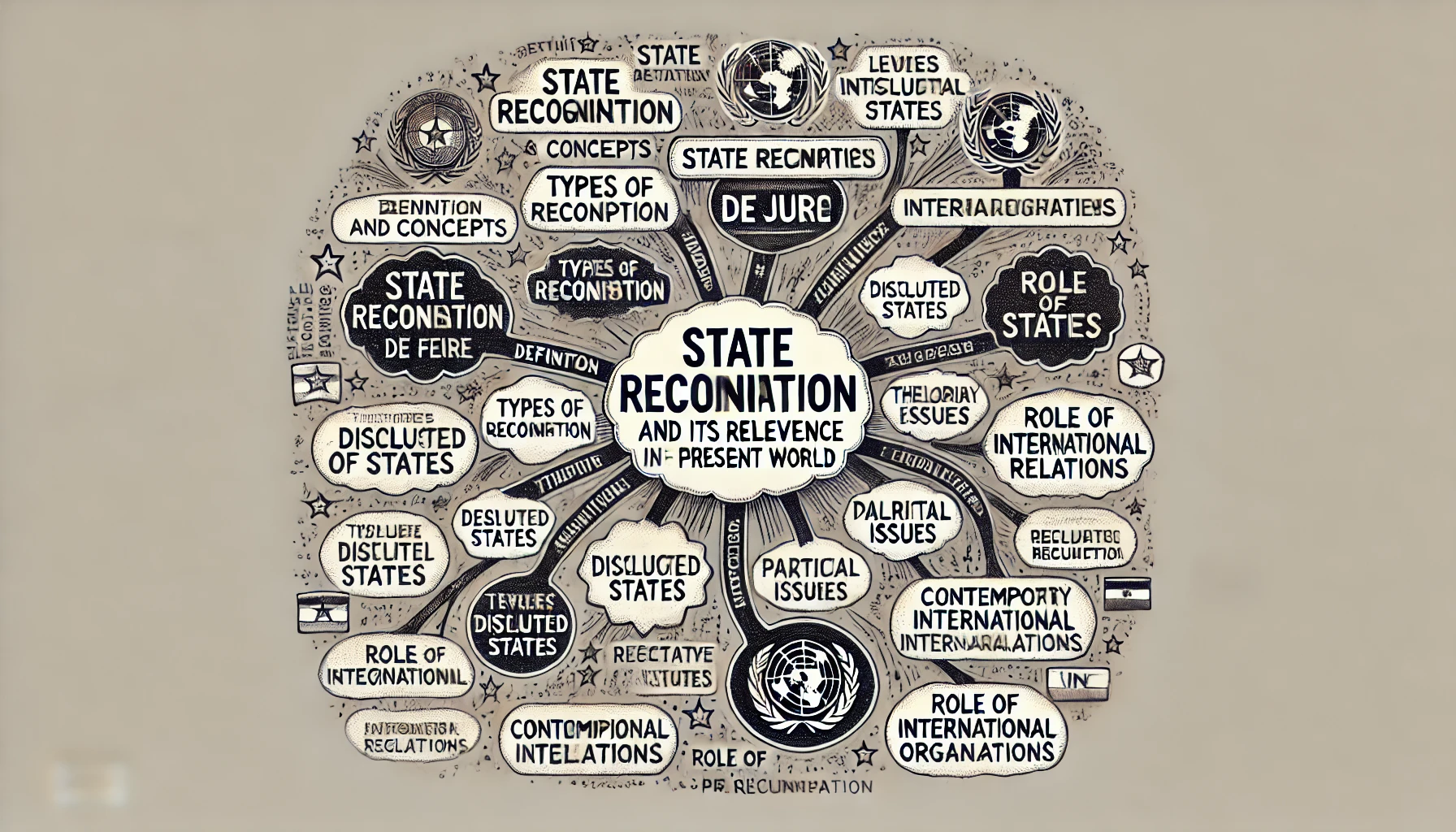
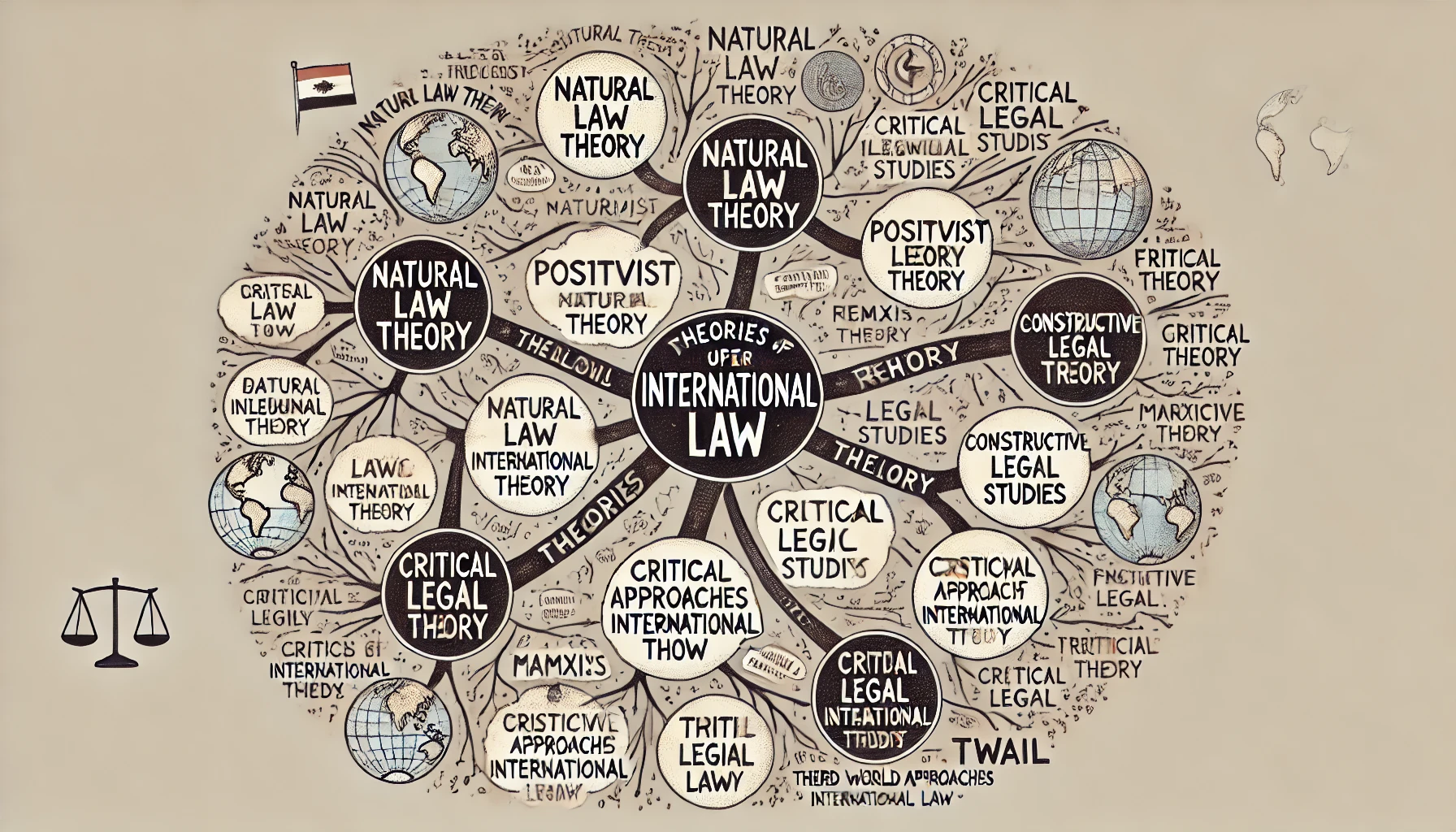
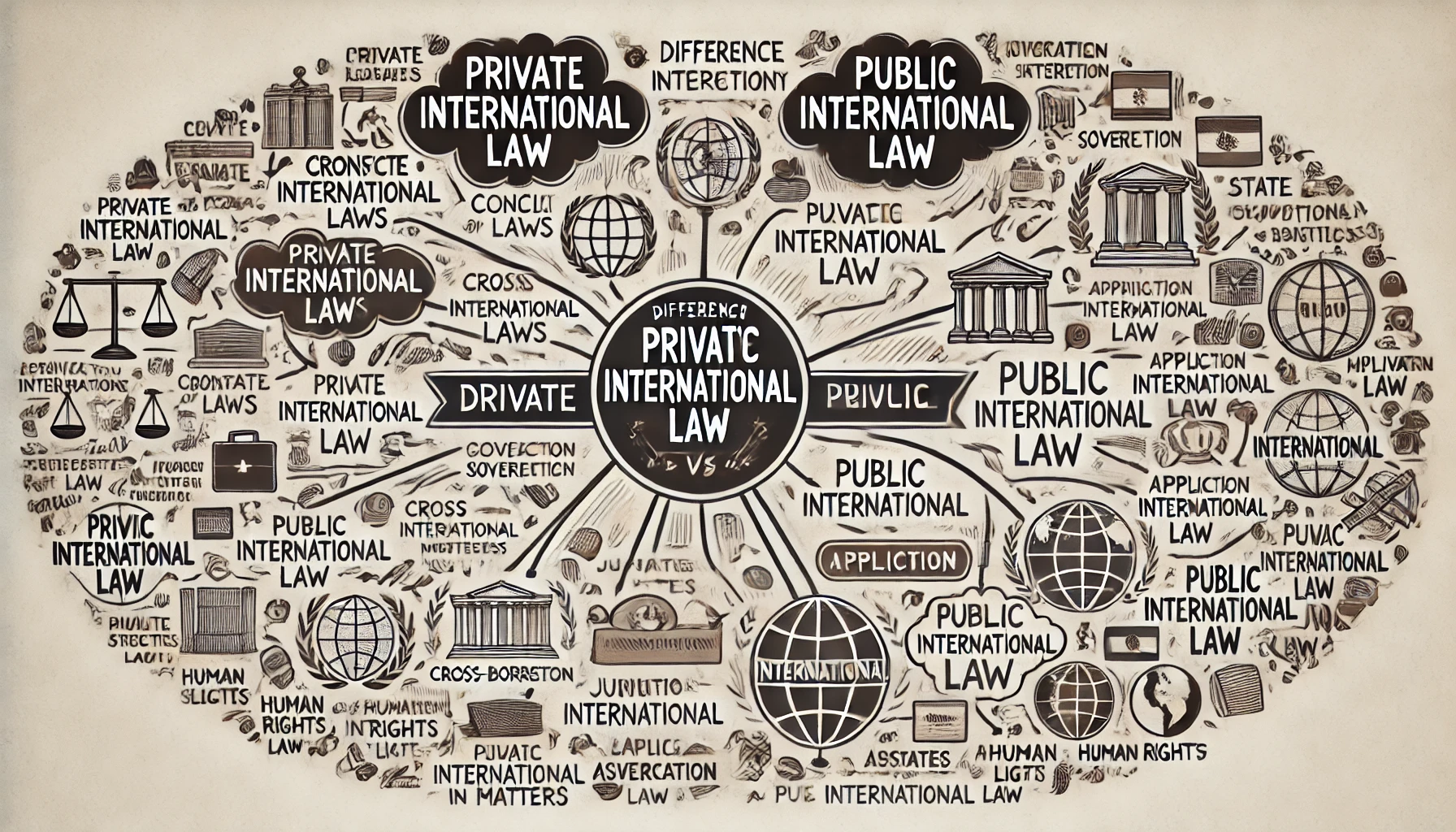
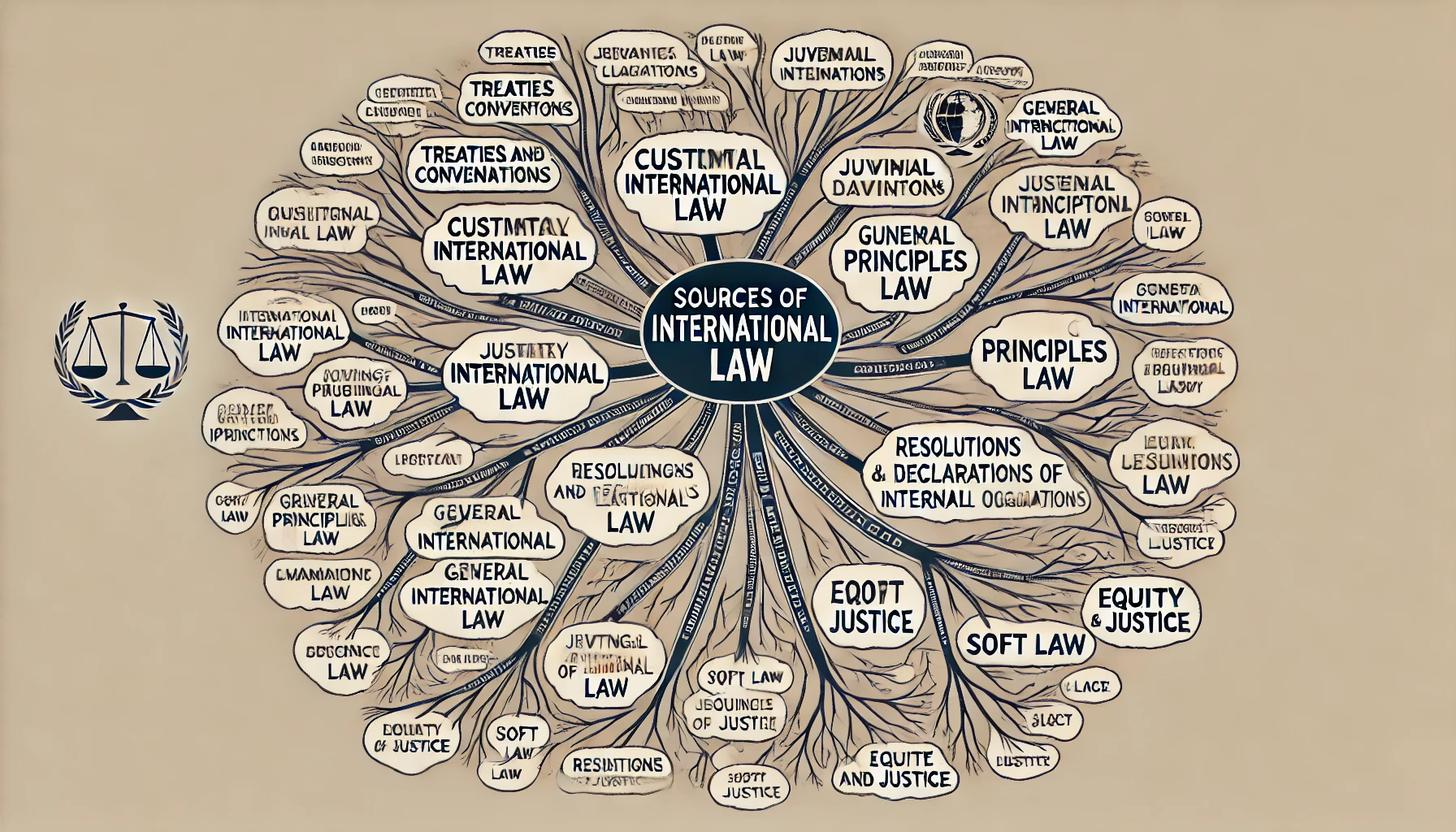
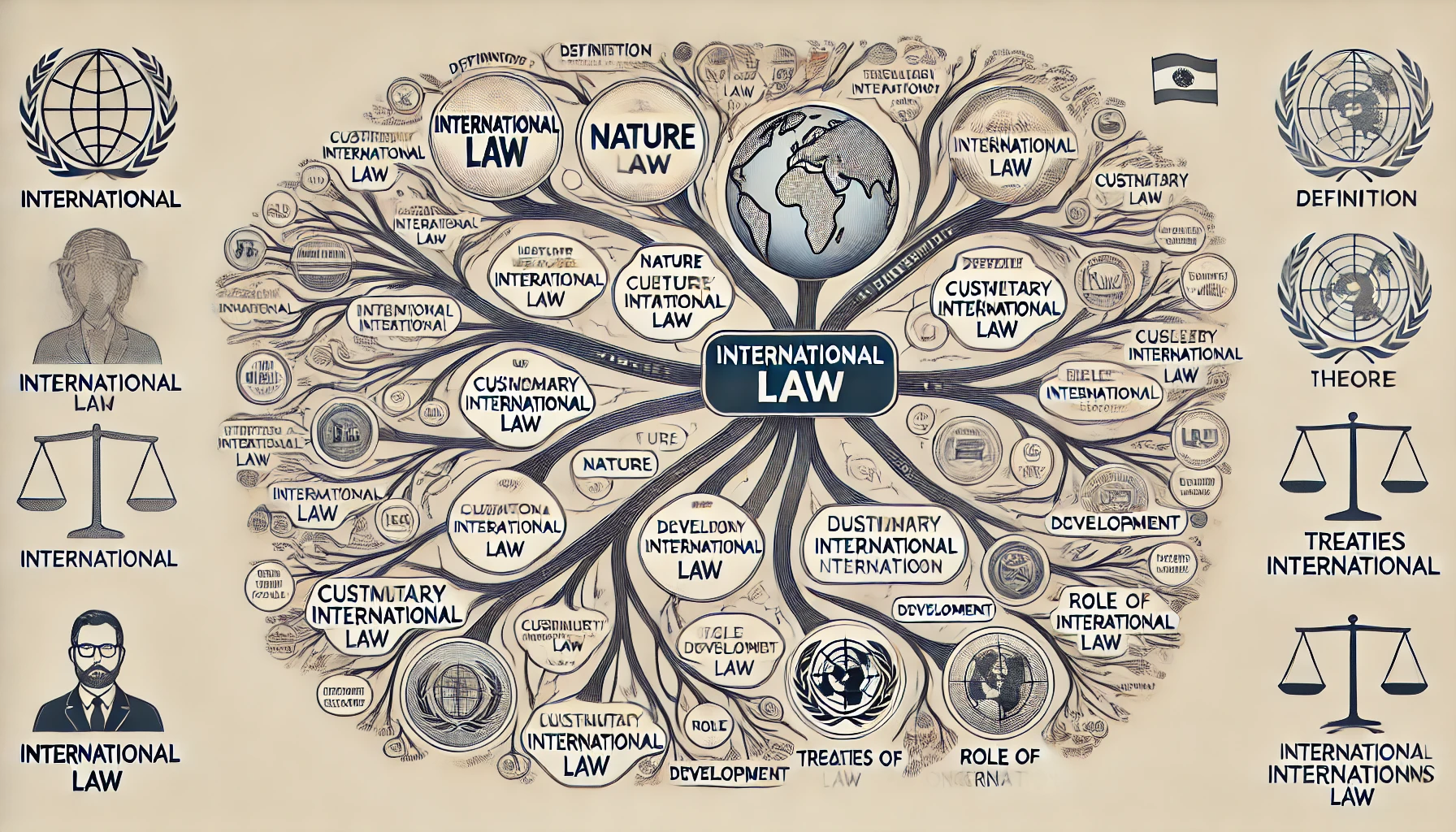
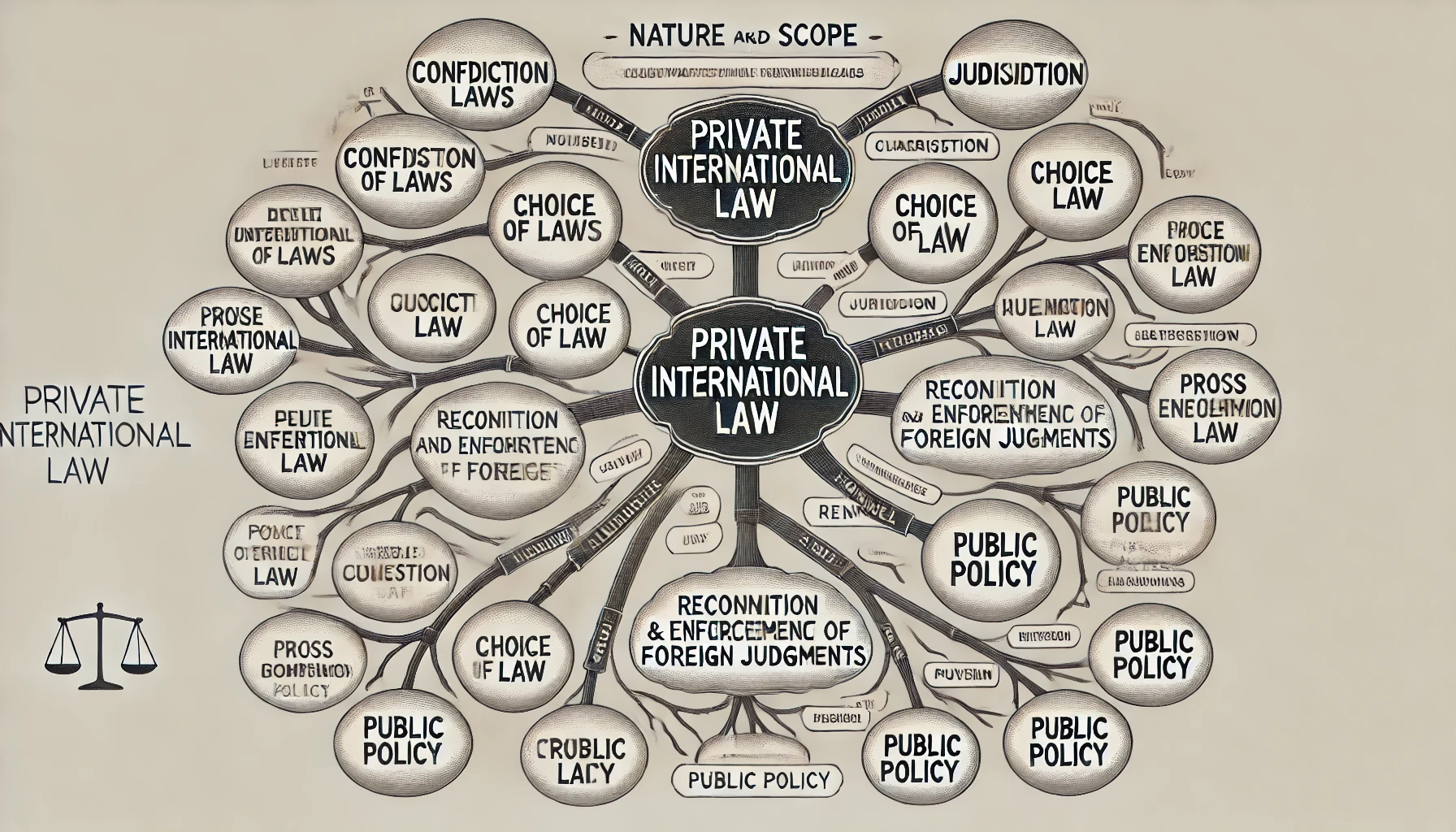


































































































Comment
Nothing for now